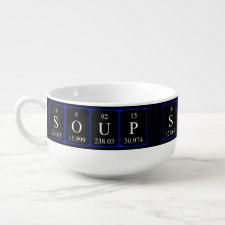
Authors: Ge YR, Huang Q, Shao DJ, Qi XY
Article Title: Preparation and Evaluation of Florfenicol Imprinted Polymers by Using Nano-Titanium Dioxide.
Publication date: 2013
Journal: Asian Journal of Chemistry
Volume: 25
Issue: (16)
Page numbers: 9105-9109.
DOI: 10.14233/ajchem.2013.15012
Alternative URL: http://asianjournalofchemistry.co.in/user/journal/viewarticle.aspx?ArticleID=25_17_62
Abstract: Surface florfenicol-imprinting technique combined with a sacrificial-support process was established. Taking nano-titanium dioxide as sacrificial carrier and using acrylamide as the functional monomer, the hollow molecularly imprinted polymers (H-MIPs) with specific performances of recognition and adsorption towards to florfenicol were prepared. The microstructures of the molecularly imprinted polymers were characterized by the scanning electron microscopy and energy dispersive X-ray. A series of performance measurement including adsorption kinetics, adsorption isotherm and adsorption selectivity have been studied. In comparison with the polymers synthesized with traditional polymerization method, the results showed that the molecularly imprinted polymers obtained in this study had relatively homogenous structure with numerous mesopores. The results showed that the adsorption approached the equilibrium in 210 min. The research on binding performances of hollow molecularly imprinted polymers demonstrates better specific adsorption ability and selective adsorption to florfenicol. The k' of the hollow molecularly imprinted polymers was nearly 3.95-4.15 times greater than that of the non-imprinted polymer (H-NIPs)
Template and target information: florfenicol
Author keywords: Molecularly imprinted polymers, Florfenicol, Nano-titanium dioxide, Sacrificial carrier



Join the Society for Molecular Imprinting

New items RSS feed
Sign-up for e-mail updates:
Choose between receiving an occasional newsletter or more frequent e-mail alerts.
Click here to go to the sign-up page.
Is your name elemental or peptidic? Enter your name and find out by clicking either of the buttons below!
Other products you may like:
 MIPdatabase
MIPdatabase









